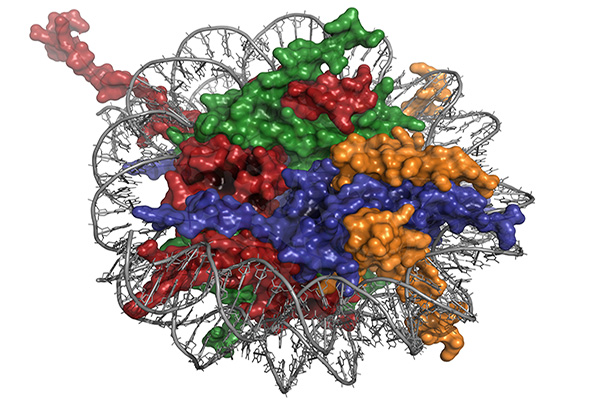Defending the Nature-Culture Divide
2 March 2017, 17:30 | Court Room, Senate House
Does new scientific research on development, epigenetics and gene-culture co-evolution show that nature and culture cannot be separated? And what does this assumption mean for our understanding of body and mind?
Drawing on her work in the Philosophy of Life Sciences, Professor Maria Kronfeldner argues in defence of the nature-culture divide. Despite their entanglement at the developmental, epigenetic and evolutionary level, nature and culture are understood as two channels of inheritance, i.e., two bundle terms for two kinds of developmental resources. In this talk, she will explore four aspects that allow us to distinguish between nature and culture.

Registration
Please register your attendance on the School of Advanced Study website here.
Speakers
Maria Kronfeldner is Associate Professor in the Department of Philosophy, Central European University.
The seminar and discussion will chaired by Mattia Gallotti, Research Fellow in Philosophy and Manager of The Human Mind Project.
What to expect
Join us for a lecture followed by open discussion in Senate House, London. All participants are warmly invited to attend a wine reception after the seminar.
This event is part of The Human Mind Project Seminar Series. The Human Mind Project is an inclusive hub encouraging debate on the human mind, and our Seminar Series aims to facilitate interdisciplinary dialogue and enquiry.
Talk Abstract
Do new scientific results on development, epigenetics and gene-culture co-evolution show that nature and culture are so entangled that they cannot be separated and that our mind and body need to be conceptualized in a ‘Lamarckian’ manner? This talk will defend the nature-culture divide as adequate – despite the entanglement at the developmental, epigenetic and evolutionary level of explaining our minds and bodies. Nature and culture will be understood as two channels of inheritance, i.e., two bundle terms for two kinds of developmental resources.
I will first discuss four aspects that permit distinguishing between nature and culture in this way. There is (a) a basic distinction between two intergenerational processes – reproduction and social interaction that are the basis for nature and culture as channels (i.e., subsystems) of inheritance; there is (b) near-decomposability of the two resulting channels; (c) these channels exhibit different dynamical orders; finally, (d) there is a specific kind of autonomy of culture from nature, despite all the entanglements usually mentioned in contemporary literature (e.g. embodiment). I will then discuss why also epigenetics and parental effects are not providing a challenge for nature-culture as two channels of inheritance.
